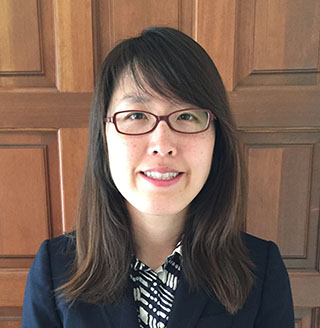Karen Chiang, PhD, is a postdoctoral fellow in Neurosciences at the University of California, San Diego. She studied molecular biology as an undergraduate at Princeton University, and then received her PhD in Translational Biology and Molecular Medicine at Baylor College of Medicine, studying mechanisms of HIV-1 transcription. She is currently working in the laboratory of Dr. Edward Koo, studying the effects of amyloid-β expression on synaptic dysfunction in mouse models of Alzheimer’s disease.
"I recently got some bad news regarding my APOE status. The major genetic risk factor for sporadic (ie, non-familial) Alzheimer’s disease is determined by which of the three APOE alleles a person has encoded in their DNA. Unfortunately, genotyping shows that I carry one copy of the APOE4 allele, which increases my risk of AD by about fourfold and is also associated with an earlier age of onset. Both my paternal and maternal grandmother suffered from AD, so it was not a totally unexpected result, although still a scary one. After the initial shock had subsided, my first thought was: what can I do to intervene? Increased genetic risk doesn’t equate to a 100 percent certainty that I will come down with AD, and research like that funded by the BrightFocus Foundation has shown that relatively simple lifestyle changes can slow disease progression or delay onset. For instance, it is well-established that exercise is beneficial in delaying the onset of AD, and it is highly likely that dietary content can also delay onset or decrease risk. Knowing the risks that lie ahead is daunting, but it also makes me feel more privileged than ever to be working in a field where research discoveries can be immeasurable in terms of prolonging the enjoyment of life."
